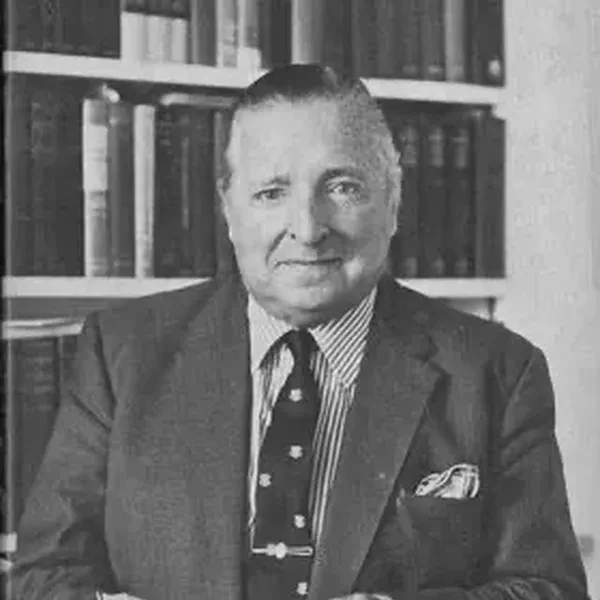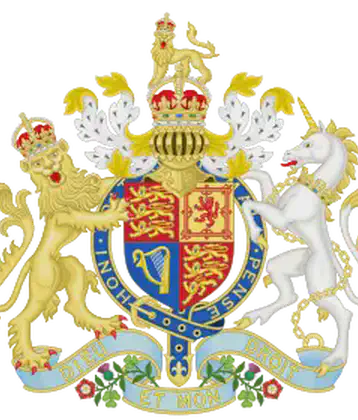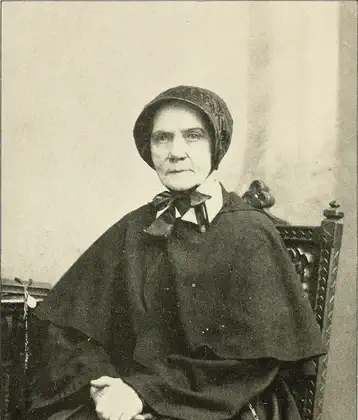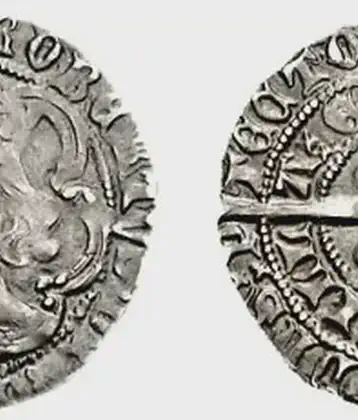On August 14, 1907 in Celtic History
H. montgomery hyde, author and unionist mp, is born in belfast

H. Montgomery Hyde, an accomplished author, historian, and Unionist Member of Parliament (MP), was born on August 14, 1907, in Belfast, Northern Ireland. Hyde was a prominent figure in British and Irish political and literary circles, known for his extensive writings on a wide range of topics, including legal history, biographies, and civil liberties.
Early Life and Education
- Birth and Background: Harford Montgomery Hyde was born into a well-established family in Belfast. He was educated at prestigious institutions, including Sedbergh School and Queen’s University Belfast, where he studied history and law. He later attended Magdalen College, Oxford, furthering his education in law.
Career as an Author and Historian
Prolific Writer: Hyde was a prolific author, writing over 50 books during his lifetime. His works spanned a wide range of subjects, including biographies, historical studies, and legal history. He is particularly known for his biographies of figures such as Oscar Wilde, Lord Alfred Douglas, and Sir Roger Casement, as well as his works on British intelligence operations during World War I and II.
Notable Works:
- “The Trials of Oscar Wilde” (1948): One of Hyde’s most famous books, it explored the legal battles faced by the playwright Oscar Wilde, shedding light on issues of homosexuality and legal injustice during the Victorian era.
- “The Quiet Canadian” (1962): A biography of Sir William Stephenson, the Canadian spymaster who played a key role in British intelligence during World War II.
- “A History of Pornography” (1964): A groundbreaking study on the legal and social aspects of pornography, reflecting Hyde’s interest in issues of censorship and civil liberties.
Political Career
Unionist MP: H. Montgomery Hyde entered politics as a member of the Ulster Unionist Party. He was elected as the MP for Belfast North in 1950, serving until 1959. During his time in Parliament, Hyde was known for his independent views and his advocacy for civil liberties, which sometimes put him at odds with his party.
Advocacy for Homosexual Law Reform: Hyde was an early advocate for the decriminalization of homosexuality, a stance that was controversial within his party and in broader society at the time. His progressive views on this and other issues ultimately led to his deselection as a candidate by his party in 1959.
Later Life and Legacy
Continued Writing and Advocacy: After leaving Parliament, Hyde continued to write and lecture on various subjects, maintaining a strong presence in literary and intellectual circles. His contributions to the study of legal history and civil liberties have had a lasting impact.
Death: H. Montgomery Hyde passed away on August 10, 1989, just days before his 82nd birthday. He left behind a rich legacy of scholarship and advocacy for civil rights and legal reform.
Legacy: Hyde is remembered as a significant figure in both political and literary circles. His writings, particularly on legal history and civil liberties, continue to be referenced by scholars and historians. His political career, though marked by controversy, demonstrated his commitment to principles of justice and individual rights.
H. Montgomery Hyde’s life was marked by a dedication to both the written word and the principles of civil liberty, making him a notable figure in 20th-century British and Irish history.
More From This Day

University of Strathclyde was constituted in Glasgow, based on the Royal College of Science and Technology.
August 14, 1964


The Irish Franchise Act is enacted and has the effect of increasing the electorate from 45,000 to 164,000
August 14, 1850


Mary O'Connell is born in Co. Limerick, known as Sister Anthony, she serves in the American Civil War as a nurse
August 14, 1814

Nathaniel Hone, painter and member of the Royal Academy at the time of its founding in 1768, dies
August 14, 1784


